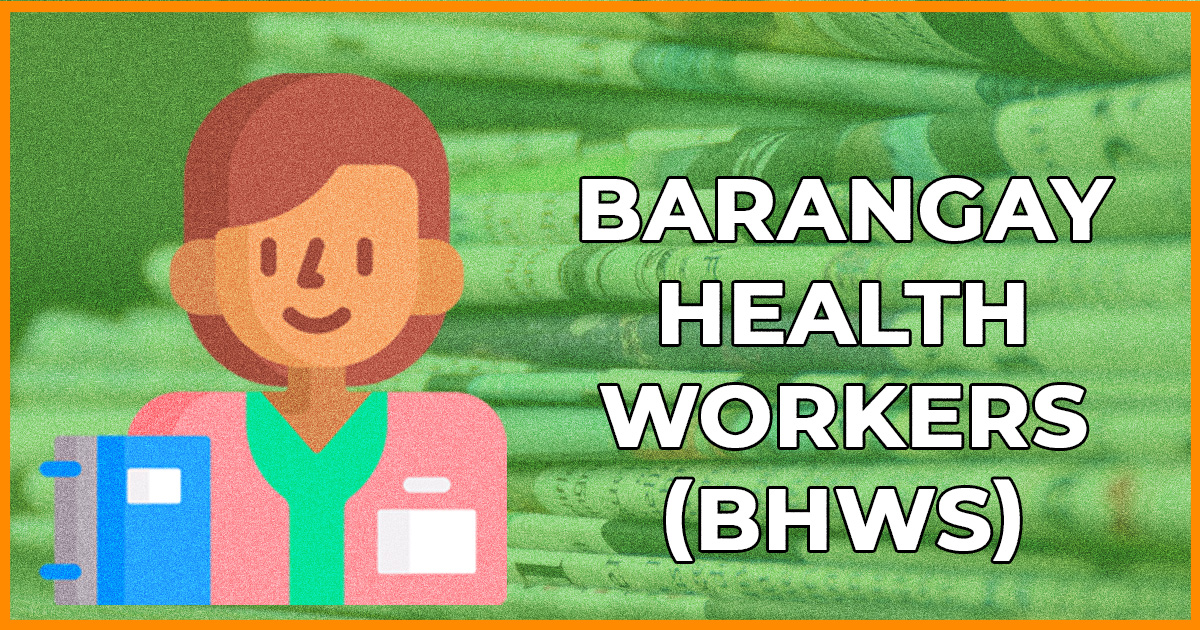City officials designated barangay health workers (BHWs) in the city as barangay-level health education and promotion officers (HEPOs) to collaboratively function with members of other primary care provider networks in the city for a proactive and effective implementation of health promotion policies, programs and activities in the community.
Under Resolution No. 102, series of 2022, local legislators stated that Administrative Order (AO) No. 2020-0037 of the health department on the guidelines for the implementation of local health system maturity levels requires a local council resolution for the designation of the BHWs as barangay-level HEPOs with defined terms of reference or scope of work for health promotion, as one of the key results for determining the integration maturity level of the city.
Further, the technical and managerial oversight of the BHWs with regard to implementation of health promotion policies, programs and activities at the community level shall be the responsibility of the City Health Services Office (CHSO) through the local health education and promotion officer who shall establish and maintain functional coordination with the city-wide health promotion unit to ensure the seamless and standardized implementation of health promotion policies, programs and activities across the citywide health system.
The council ensured that the local government shall guarantee the provision of just and commensurate honorarium and financial or non-financial benefits for the BHWs and that the resources necessary to mobilize BHWs, including for honoraria, operational expenditures, equipment, or training cost may be sourced from special health funds and other local budgetary sources.
Republic Act (RA) 11223 or the Universal Health Care Act and its implementing rules and regulations have strengthened the adoption of an integrated and comprehensive approach in ensuring that all Filipinos are health literate, provided with healthy living conditions, and protected from hazards and risks that could affect their health status, by directing local government units to issue and implement effective health promotion policies and programs that promote health literacy and health lifestyle among their constituents, prioritizing programs that address key risk factors to prevent and control disease as well as to advance population health and individual well being in citywide health systems.
To ensure that all Filipinos are guaranteed equitable access to quality and affordable health care goods and services, the law mandated the establishment of primary care network for the delivery of health services. The primary health care provider networks, which include the BHWs as community health workers and volunteers, deliver services, serve as initial contact and navigator to guide patients’ decision-making for cost-efficient and appropriate levels of care and coordinate patients to facilitate two-way referrals and remove barriers to health services.
RA 7883 or the BHW Benefits and incentives Act of 1995 recognizes the key role of BHWs as essential volunteer community health workers in the delivery of primary care and guaranteed training and material support to improve their services to the community.
Currently, BHWs remain as indispensable members of the local health system that is serving at the frontline of the pandemic prevention and response actions in the community, assisting in the operations of the 16 district health centers or birthing facilities of the city, conducting house visits, and helping in organizing and mobilizing community members for the relevant health events and activities.














